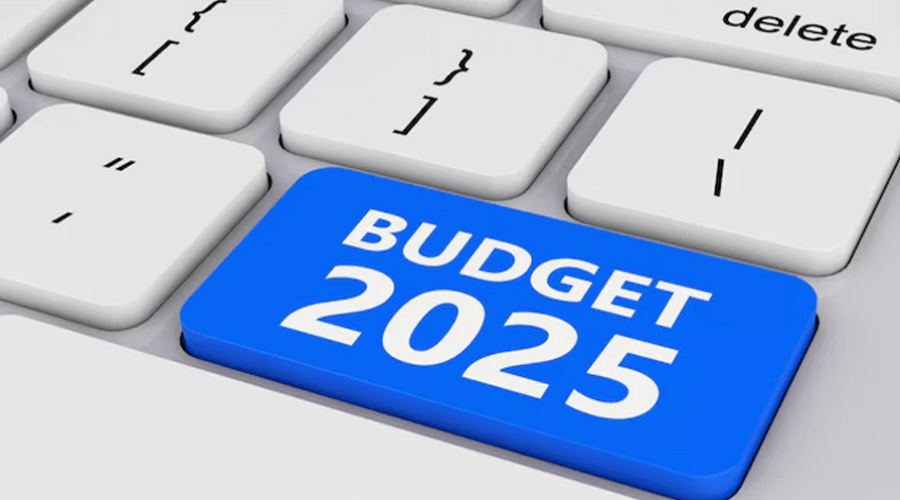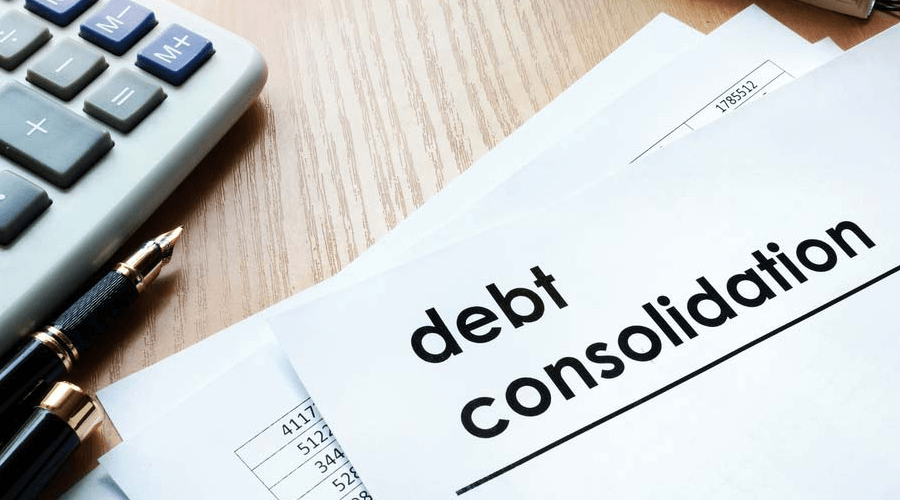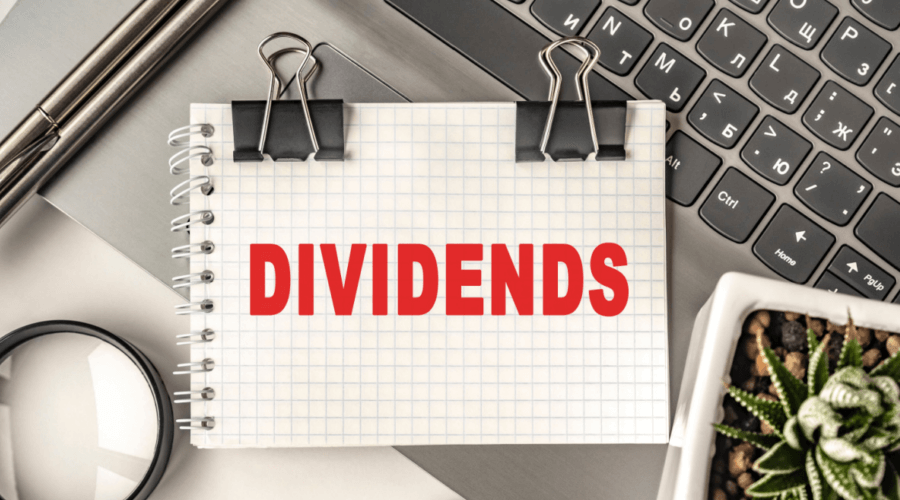
Budgeting in 2025 is more important than ever. With rising costs, digital banking innovations, and changing financial landscapes, managing money effectively requires new strategies. Whether you’re saving for a big purchase, reducing debt, or building wealth, this guide will help you budget smarter and achieve financial success.
1. Understanding Your Finances
a. Track Your Income and Expenses
Use budgeting apps like Mint, YNAB, or PocketGuard to monitor your financial inflows and outflows.
b. Categorize Your Spending
Break down expenses into essentials (rent, groceries), discretionary spending (entertainment, dining out), and savings.
c. Set Financial Goals
Define short-term (emergency fund), medium-term (vacation fund), and long-term (retirement savings) goals.
2. Creating a Budget That Works
a. The 50/30/20 Rule
- 50% on needs (housing, food, utilities)
- 30% on wants (entertainment, hobbies)
- 20% on savings and debt repayment
b. Zero-Based Budgeting
Assign every dollar a purpose so that income minus expenses equals zero at the end of the month.
c. Pay Yourself First
Automate transfers to savings and retirement accounts before spending on anything else.
3. Smart Ways to Cut Expenses
a. Reduce Subscription Costs
Cancel unused subscriptions and switch to more affordable streaming and membership services.
b. Shop Smarter
Use cashback apps, coupons, and compare prices before making purchases.
c. Lower Utility Bills
Implement smart home devices like thermostats and LED lighting to reduce energy consumption.
4. Increasing Your Income
a. Side Hustles
Freelancing, online selling, or gig work can supplement your income.
b. Invest Wisely
Consider low-cost index funds, high-yield savings accounts, or real estate for additional income streams.
c. Ask for a Raise
Negotiate your salary and seek promotions based on your value to your employer.

5. Staying on Track with Your Budget
a. Regularly Review Your Budget
Adjust your budget monthly to accommodate lifestyle and income changes.

b. Build an Emergency Fund
Save at least three to six months’ worth of expenses in a liquid account.
c. Avoid Lifestyle Inflation
As income increases, maintain spending habits to accelerate savings and investments.
Final Thoughts
Budgeting in 2025 is about adapting to new financial tools and maintaining disciplined spending habits. By tracking expenses, optimizing savings, and increasing income, you can achieve financial freedom and long-term success.



